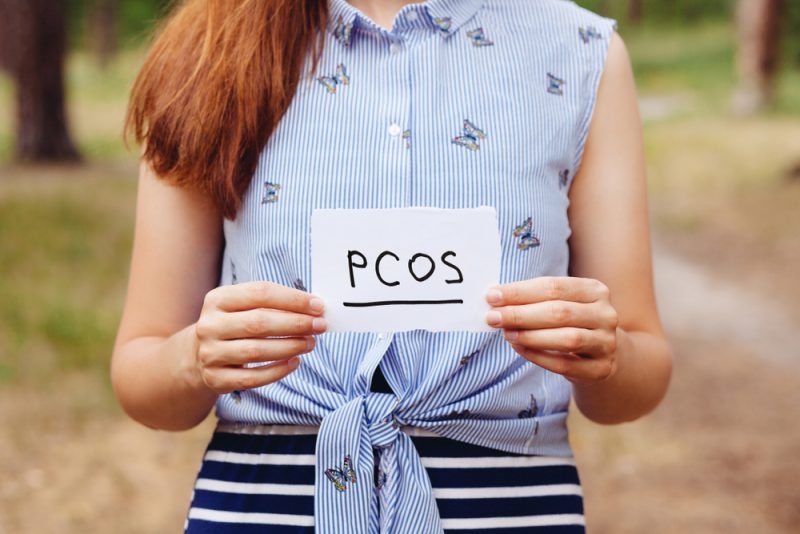Polycystic Ovary Syndrome is a complicated condition to live with. It has a long list of physical symptoms, from oily skin and acne outbreaks, to hair loss and hirsutism, to abdominal discomfort and even pain. It also impacts your fertility, making your menstrual cycle irregular and hard to predict, and potentially stopping you from ovulating. As well as all these physical symptoms, more people with PCOS also report more instances of depression and anxiety. It’s not clear if there is a direct biological link between the causes of PCOS and the mental health impact of the condition or if it’s the stress of living with the other symptoms that causes this depression.
Today we’re looking at PCOS and your body to help you understand how it operates and make better decisions about how your health.
Fertility Effects
PCOS and ovulation are deeply linked. The increased levels of androgens that come with PCOS interfere with your menstrual cycle, and the process by which your ovaries prepare a mature egg to be ovulated – and potentially fertilised.
The hormone disruption means it takes longer for that egg to mature each month, and in very advanced cases means you don’t ovulate.
This deprives you of opportunities to get pregnant both directly and indirectly. If you ovulate more rarely, that means you fewer chances to get pregnant across your life, as you only have a chance to conceive when sperm encounter an egg up to 24 hours after it has been ovulated.
Indirectly, as it makes your cycle irregular it’s harder for you to predict when you will be fertile and you may miss the fewer opportunities to get pregnant that you do have.
What Causes PCOS?
While it’s not clear what triggers the condition, nor why some women are susceptible to the condition and others aren’t, we know that it begins with the body producing too much insulin. This additional inulin stimulates higher levels of androgens and leads to high levels of oestrogen as well, which create the rest of the PCOS symptoms.
Can you Cure PCOS?
Unfortunately, there is no cure for PCOS. More hopefully, the condition can be very effectively managed, and through diet and lifestyle changes rather than medication.
You can affect your insulin levels through what you eat – a low-GI diet limits the amount of sugar entering your blood stream after meals, which encourages your body to produce less insulin which can, therefore, reduce the impact of PCOS’ symptoms.



